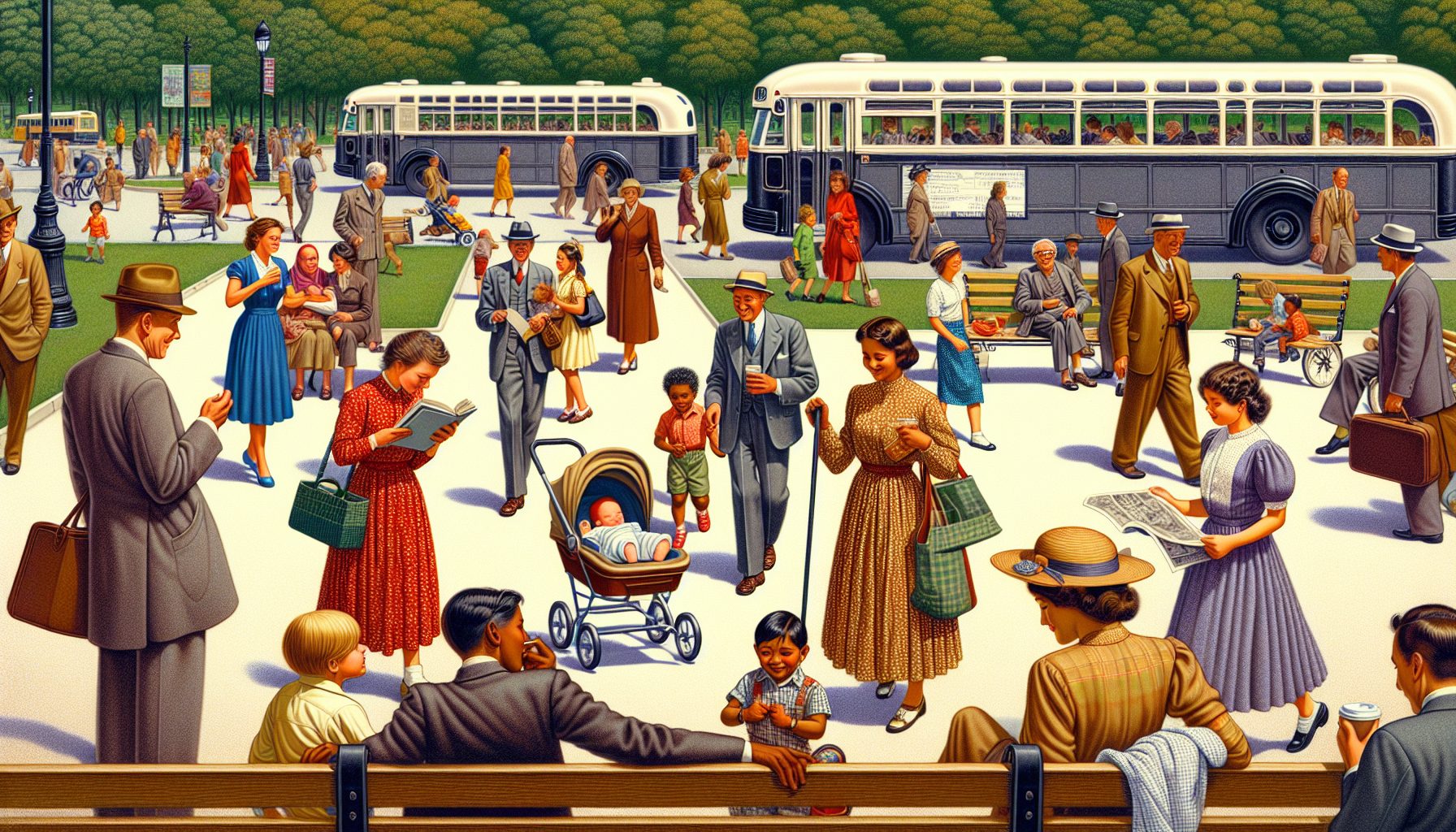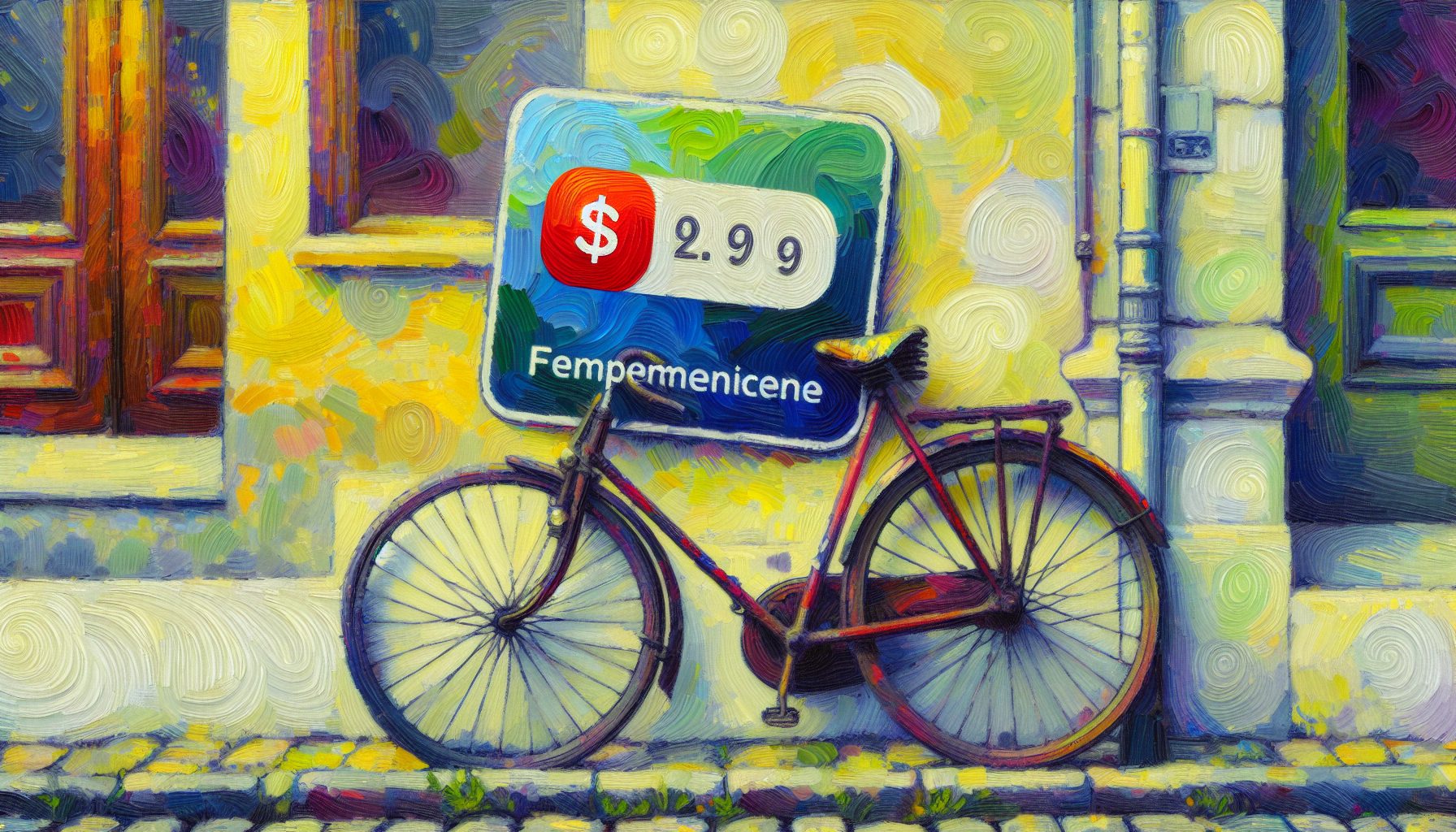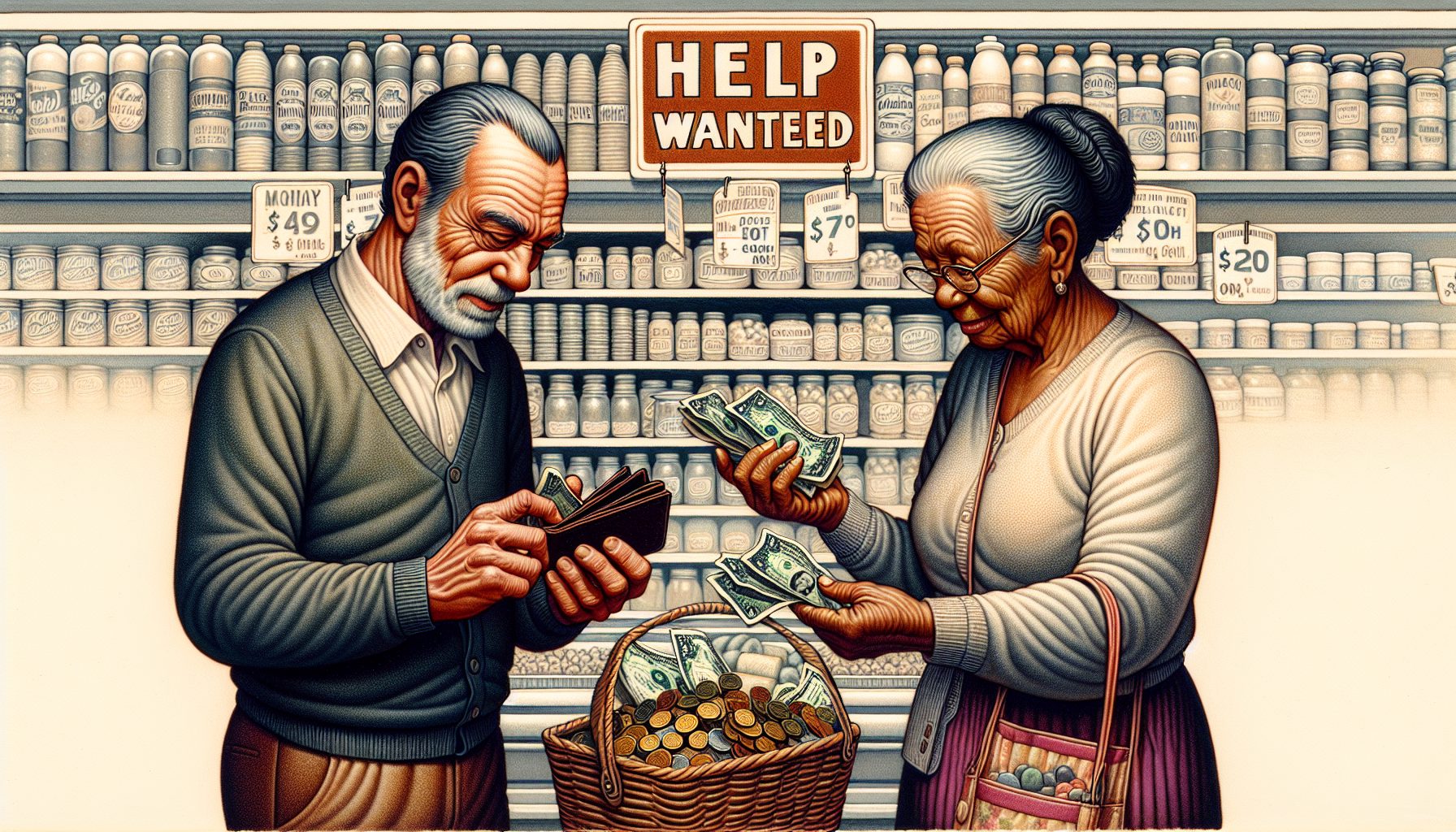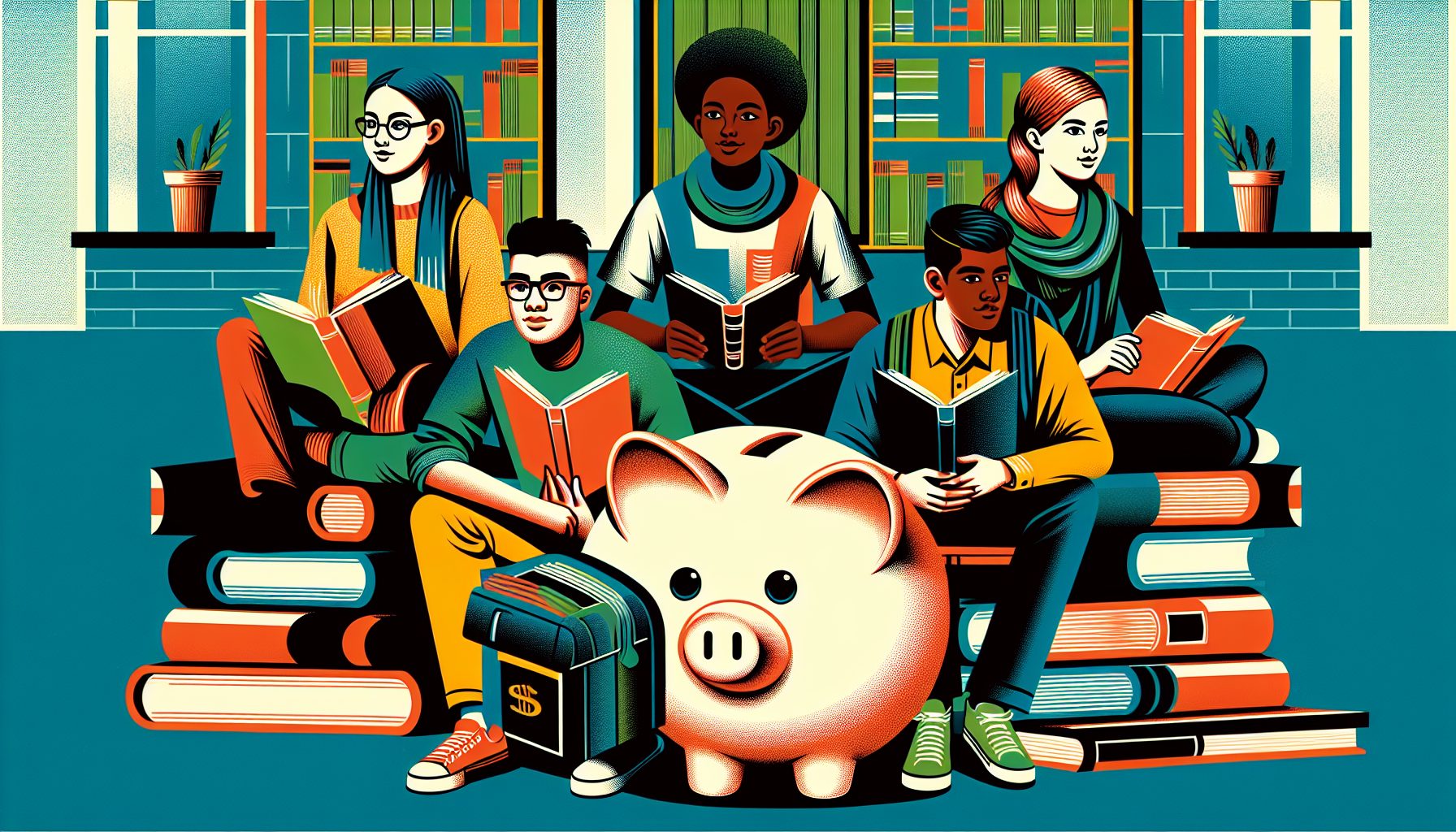Most of us complain about how busy we are and how little time we have. We drive too fast, eat too quickly and sleep too little. We can’t seem to check off all the items on our daily to-do list. There just isn’t enough time in the day.
The $64,000 question is whether all of this craziness is really unavoidable or simply self-imposed.
A 2013 study conducted by researchers at the University of Gothenburg in Sweden found that the average woman spends 81 minutes a day on Facebook, and the average man spends 61 minutes a day. Average!
And that’s just Facebook. The time doesn’t include Twitter, Instagram, Snapchat and a gazillion other social networks.
Meanwhile, according to Nielsen, the typical American watches TV for about 5 hours per day, and that number is rising. There are also news stories about the growing trend of binge watching on Netflix. In some cases, the barrage starts on a Friday night and ends on Sunday night with the completion of an entire series.
Granted, smartphones and other devices allow us to fill many empty gaps and moments in a day. They also allow us to be more productive. But it’s clear that the math—and what many people say about their busy and free time—doesn’t add up.
On top of this, we have a separate but related issue: Today’s technology conditions us to expect everything to happen instantly. If it takes more than a microsecond for a Web page to load or a video to play, our pulse quickens and our blood pressure rises.
How all of this plays out in the real world is increasingly disturbing. People speed, tailgate and weave through traffic for no other reason than the fact that they are habitually in a hurry. In the process, they endanger themselves and others.
People stand in the middle of a grocery store and block the aisle while they send a text, but when they head to the checkout line, they grumble about having to wait. They leave church, concerts, shows and baseball games early to beat the traffic, even when they have nowhere pressing to go. In the process, they cheat themselves out of part of the experience.
Meanwhile, depression rates are higher than ever, civility is on the decline, and we increasingly behave like circus chimps reacting to the dings and buzzes emanating from our devices.
In the end, life isn’t measured by bragging rights for how busy we are and how little time we have. It’s measured by the quality of our connections. Human connections.
So exit a social network, turn off a device and make some time for your family and friends.









